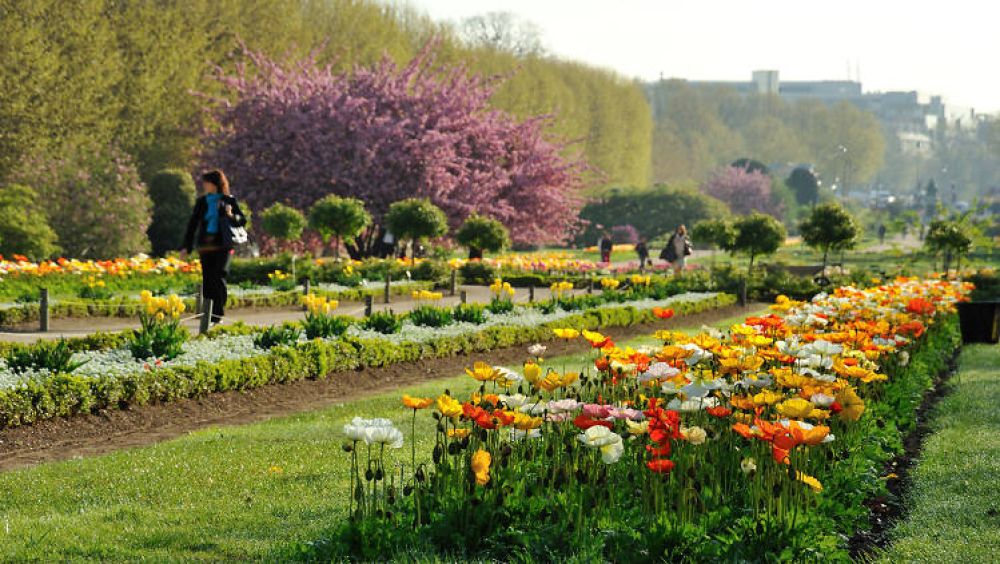

The Jardin des Plantes of Toulouse is a hallmark of the city's dedication to both natural beauty and scientific inquiry, with roots extending deep into the history of French horticulture. Established in 1730 by the Royal Society of the Sciences, this public garden was originally conceived for the purpose of medicinal plant cultivation. As the Jardin Royal, it served as a scientific institution where botanists could study plant species and their properties, cementing Toulouse's place in the annals of botanical research.
In the late 18th century, the garden was expanded and transformed to accommodate a growing variety of plant species. It became not only a center for scientific study but also a verdant oasis for the people of Toulouse. As the 19th century ushered in the era of public parks and gardens, the Jardin des Plantes saw further development, embracing its role as an urban retreat with spaces for leisure and cultural activities, which continued to draw visitors and enhance the tourism appeal of the region.
With the advent of modern transportation and the increasing mobility of society, tourism trends at the Jardin des Plantes evolved. By the 20th century, it became a prominent stop for tourists seeking the serene landscapes and educational experiences offered by the rich biodiversity of the gardens. Its proximity to other historical sites in Toulouse, such as the Museum of Natural History and the Botanical Garden, added to its attraction as a multifaceted destination.
Today, as environmental awareness and sustainable tourism gain momentum, the Jardin des Plantes of Toulouse has embraced these ideals by hosting eco-friendly events, educational workshops, and serving as an example of urban biodiversity conservation. Visitors appreciate the garden's efforts to maintain ecological balance while providing a scenic space for relaxation and learning.
Sustainable Experience: Current trends in tourism at the Jardin des Plantes revolve around sustainable practices. The garden promotes activities that emphasize respect for nature, local culture, and education about the environment.
Interactive Learning: Interactive educational tours are now a significant draw for those who not only want to behold the beauty of the flora but also understand its significance in our ecosystem.
Cultural Events: Various cultural events throughout the year, such as open-air performances, exhibitions, and festivals, have become important attractions, marrying the historical and social aspects of the garden with its natural beauty.
Digital Engagement: To cater to the modern tourist, the Jardin des Plantes has embraced digital mediums, offering online resources and guides to enhance the visitor experience even before they step foot in the garden.
In summary, the Jardin des Plantes in Toulouse continues to be an ever-evolving destination that honors its historical roots while adapting to modern tourism trends. Through its commitment to education, sustainability, and cultural relevance, it remains a jewel in Toulouse's touristic crown.